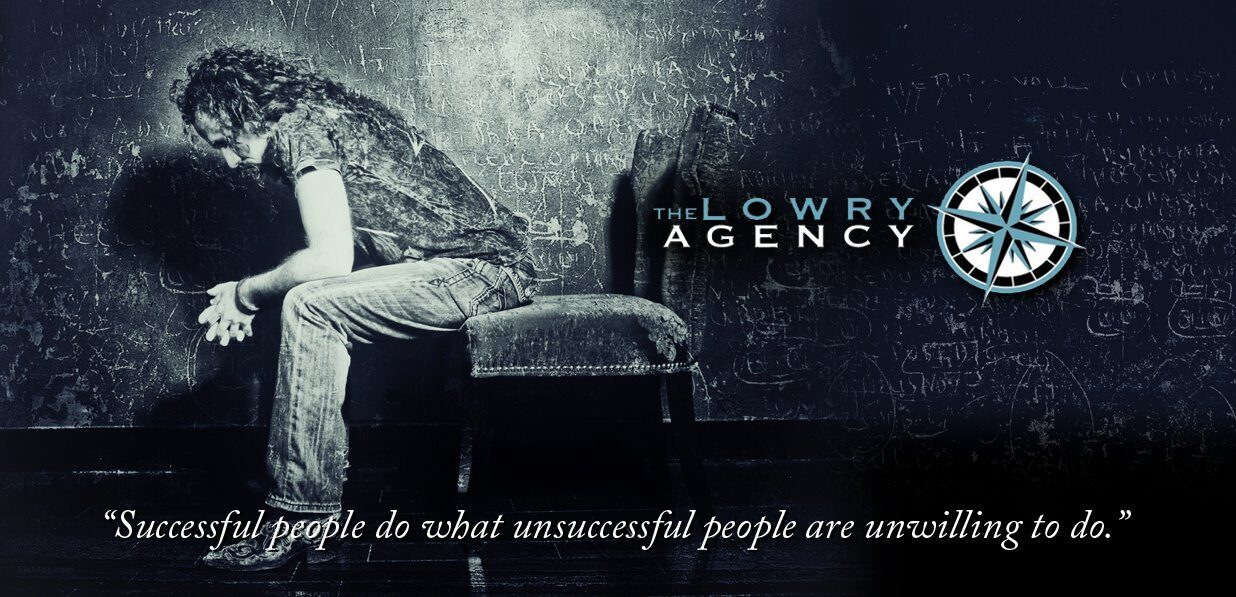KEEPING THE PACE: Surviving VO Technology
by Dave Courvoisier, The Lowry Agency Voice Over Talent
Ever since the worm turned and the “old way” of doing voiceovers became the “new” way of doing VO business, it’s been tough to keep up with the march of technology.
For decades, talent living in major metro areas reported to various professional studios, auditioning in person, and surviving on an agent/union paradigm. This still happens to some extent today, mostly in NYC and LA.
ISDN survives too, although people have long been predicting its demise. Such will be the case for many years, while the business of voice overs moves through its fits and starts, ever-changing with the times and the technologies.
In the meantime, an emerging wave that comprises the lion’s share of voice over work in the 21st century occurs in private studios all over America. These are studios typically built by the talent themselves, and populated by equipment cobbled together using whatever knowledge and resources they have.
In addition to the process of recording and sending sound files, much of the rest of the business of voice overs is also conducted online, or at least on a computer, often by one person – the voice over talent.
That means the process of marketing, promoting, advertising, accounting, bookkeeping, mailing, invoicing, editing, and follow-up all occurs in a digital world. That’s not necessarily a problem, but that world keeps changing and developing at a break-neck pace.
So, the question: how to keep abreast of the changes that will make up the new paradigm of VO, and what changes are those?
Clearly, Social media is not only one of those new technologies, but also the one that helps you understand the OTHER changes taking place in the industry. Why? Because Social Media sites that cater to voice-over business people personify the stream-of-consciousness that keeps you in-the-know.
FaceBook, Twitter, online forums, LinkedIn, YouTube, and ning sites like VoiceOverUniverse now make up the new (and continuous) Town Hall Meeting where people share, engage in Q&A, comment off-the-cuff, and create conversations and relationships.
Those online sites are typically where you will first see notice of new equipment, where to buy, how much it costs, and how to use it. Consider, for instance, the weekly EWABS online video webinar conducted by George Whittam and Dan Lenard. EWABS stands for East-West Audio Body Shop, and the hour-long Sunday evening event is free, and can be viewed on UStream effortlessly.
Newsletters, blogs, and teleseminars on equipment and services abound in the VO world these days (see http://courvo.biz, for instance). LinkedIn VO Groups have thousands of subscribers (see: Working Voice Actor Group administered by Ed Victor), and FaceBook has a number of extremely active VO Groups (see: Voice-over Friends, administered by Dave Courvoisier, Voice-Over Pros, administered by Terry Daniel, and Voice Artists United , administered by Chris Kendall – among others).
While many of these sites could be termed “niche”, they are also welcoming and inclusive. ‘No such thing as a “dumb question”, and newbie concerns are encouraged. J
Even more so, a Yahoo Group that caters to VO professionals has been going strong for years, and has an active, and highly-regarded membership that knocks around issues that range from equipment to software, marketing, demos, and freelance rates.
So how do you keep up? Join. Belong. Engage in the conversation. Pay-it-forward, and you will receive in return. Ask questions. Provide answers. Be a part of the community, and enjoy the benefits of association with like-minded souls. Everybody has something to give in the milieu of online discourse.
